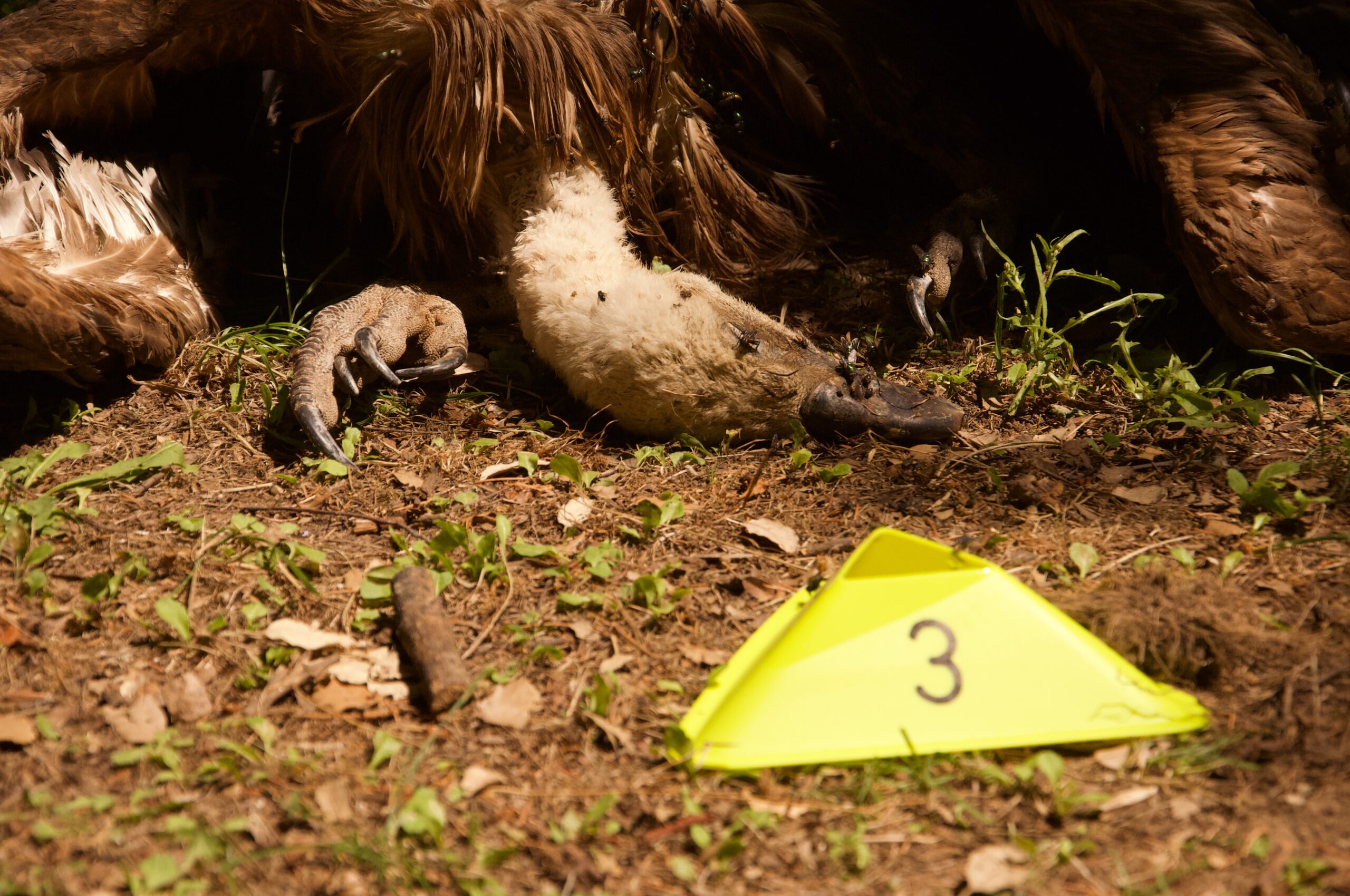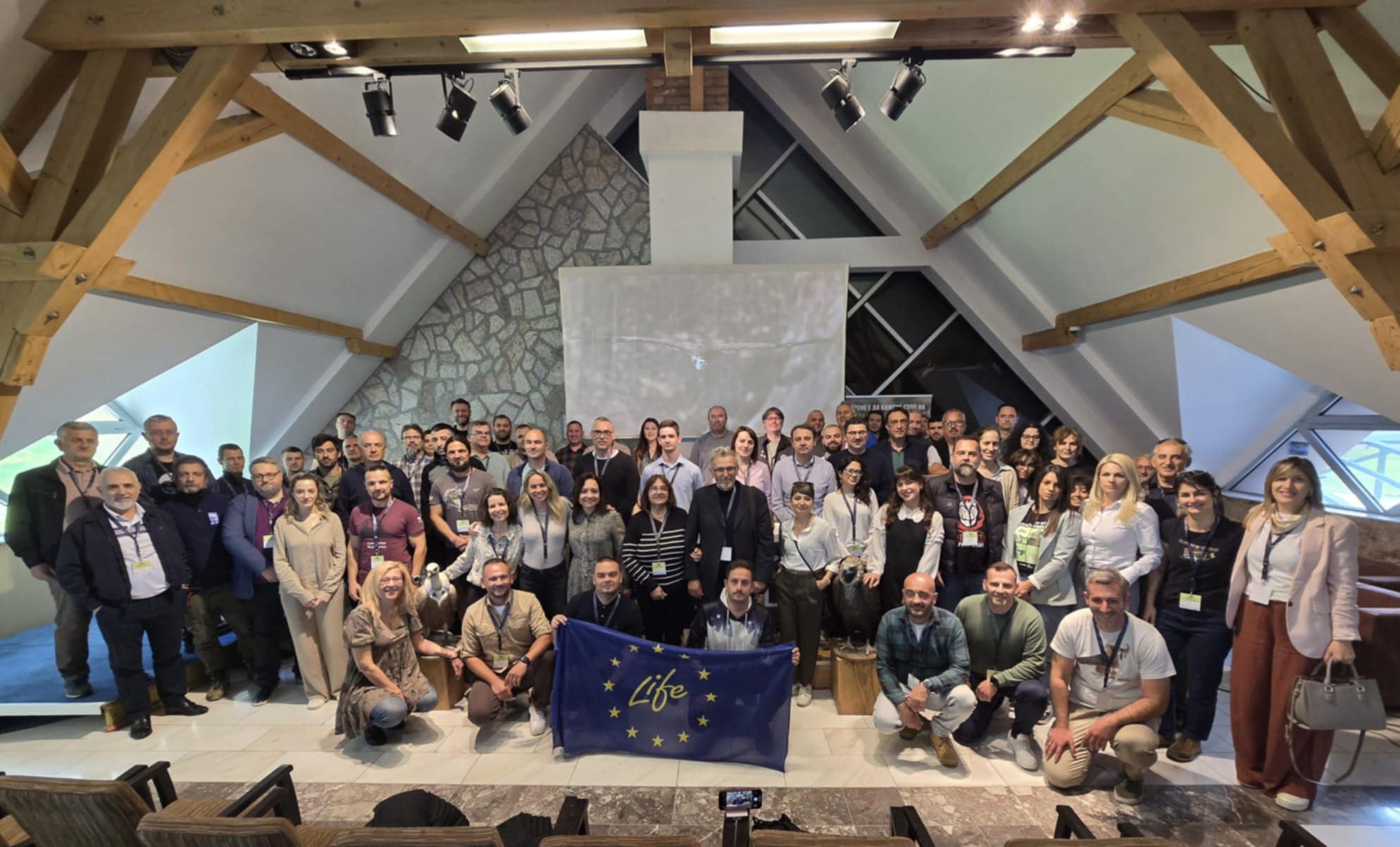In a big step forward for protecting wildlife and the environment, Albania has established a dedicated police unit to tackle environmental crimes and illegal wildlife trafficking. This move responds to growing EU legislative requirements and a sharp rise in wildlife crime reports, marking a turning point in the country’s conservation efforts.

Addressing the growing problem of wildlife crime
The need for a focused law enforcement approach to environmental issues was long overdue in Albania and other Balkan countries. This police unit brings hope to a better future. Currently, the unit includes a central directorate with just two officers, however, the plan is ambitious: the goal is to expand to all 12 main districts in Albania, ensuring each has at least one officer focused solely on environmental crimes.
Though still in its infancy, the new unit has already received attention and support from groups like the Albanian Ornithological Society (AOS). Organizations like AOS have offered to provide specialized training on investigating wildlife crimes through programmes like the BalkanDetox LIFE project. This training will be vital since most officers currently lack experience dealing with cases involving wildlife.
The role of the BalkanDetox LIFE project
The BalkanDetox LIFE project has played a significant role in setting the stage for Albania’s environmental crime unit. Focused on tackling wildlife poisoning, the project has worked across seven Balkan countries, including Albania, to raise awareness and build national capacity for fighting these crimes.
Workshops, training sessions through the Wildlife Crime Academy, and the formation of national anti-poisoning task forces have helped bring attention to illegal practices like poisoning wildlife—a major problem in the region. Poison baits, for instance, have killed over 2,300 vultures in the Balkans in the past two decades. These deaths have highlighted the urgent need for specialized teams to monitor incidents and enforce anti-poisoning laws.
BalkanDetox LIFE has also pushed for the development of national protocols and databases to track and manage wildlife poisoning cases. By providing this foundation, the project has shown how important specialized training and enforcement are to solving these problems.
Collaboration for a better future
The new environmental crime unit is expected to work closely with initiatives like BalkanDetox LIFE to bring about real conservation results. With access to expert training and resources, the unit will be better equipped to investigate complex crimes, hold offenders accountable, and educate the public on the importance of protecting wildlife.
Organizations like AOS have committed to ongoing support for the unit, whether through training programmes, collaborative projects, or maintaining open communication. This kind of collaboration not only strengthens Albania’s conservation efforts but also sets an example for other Balkan countries to follow.
This development ultimately highlights the importance of both regional and international partnerships in protecting biodiversity and enforcing environmental laws. Together, these efforts offer hope for a future where wildlife and habitats are safe from the growing threat of environmental crimes.
The BalkanDetox LIFE project

The ‘BalkanDetox LIFE‘ project aims to strengthen national capacities to fight wildlife poisoning and raise awareness about the problem across Albania, Bosnia & Herzegovina, Bulgaria, Croatia, Greece, the Republic of North Macedonia and Serbia. It is a five-year endeavour with a €1.8 million budget that received funding from the EU’s LIFE Programme and co-funding by the Vulture Conservation Foundation, the MAVA Foundation and Euronatur. Project partners are the Vulture Conservation Foundation as the coordinating beneficiary, and the Albanian Ornithological Society, Association BIOM, Bird Protection and Study Society of Serbia, Fund for Wild Flora and Fauna, Hellenic Ornithological Society, Macedonian Ecological Society, Ornitološko društvo NAŠE Ptice and the Protection and Preservation of Natural Environment in Albania as associated beneficiaries. Furthermore, this project is based on Spanish best practice experience and counts on the support from the Junta de Andalucía and the Spanish Ministry for the Ecological Transition and the Demographic Challenge.




